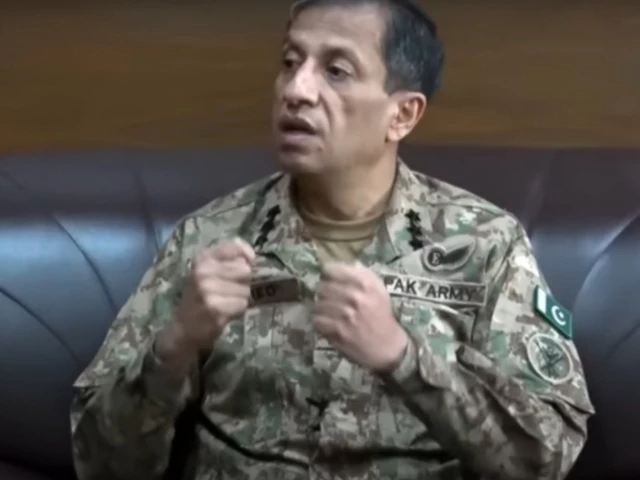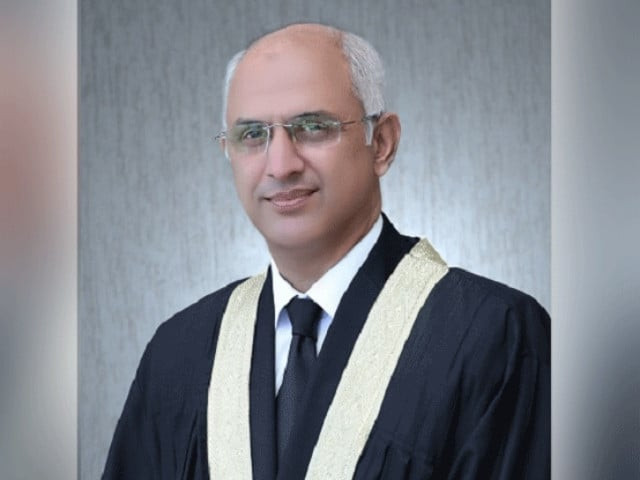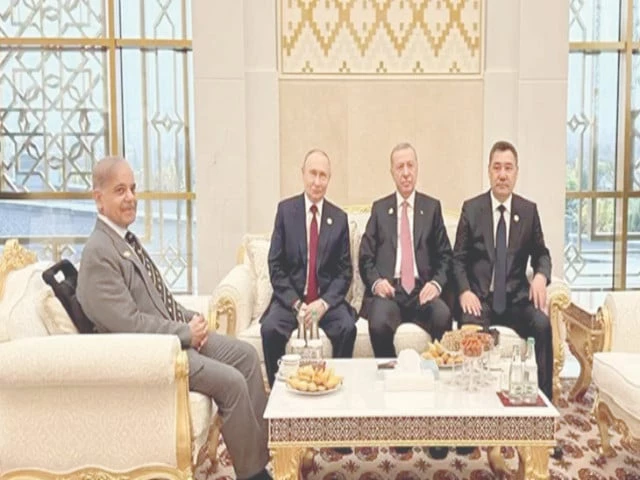Understanding the Current Climate Surrounding Afghan Refugees in Pakistan
In recent discussions around regional security, Lt-Gen Ahmed Sharif Chaudhry, the Director General of Inter-Services Public Relations (ISPR) in Pakistan, has shed light on significant issues concerning Afghan refugees and their connection to security challenges in Pakistan. This topic is vital not just for Pakistan but for understanding broader geopolitical dynamics.
Chaudhry pointed out that Pakistan has graciously hosted millions of Afghan refugees for nearly 40 years, primarily due to factors like civil strife and foreign interference in Afghanistan. He acknowledged the humanitarian obligations Pakistan has extended, including multiple deadlines for refugees’ return, showcasing a commitment to supporting those in need. However, with the evolving political landscape, the circumstances surrounding these refugees have started to raise concerns.
One alarming assertion made by Chaudhry is the claim that certain illegal Afghan nationals have been implicated in acts of terrorism and other serious crimes within Pakistan. He also noted that American military weapons left behind after the U.S. withdrawal from Afghanistan are allegedly being exploited in terrorist activities. This connection has sparked dialogue not only within Pakistan but also from international bodies, including the U.S., regarding the implications of such arms in ongoing violence.
Moreover, Chaudhry highlighted that Pakistan faces internal and external challenges, particularly with India. He accused India of attempting to frame its domestic issues as external crises while also asserting that Indian state-sponsored terrorism has targeted Pakistan. Such claims aim to rally international attention to what Pakistan views as aggressive posturing by its neighbor.
The conversation doesn’t stop there; the Kashmir issue remains a longstanding point of contention. Chaudhry has called upon the international community to step in and help resolve this dispute, which continues to be a significant barrier to peace in the region.
It is also crucial to emphasize that Chaudhry expressed Pakistan’s firm stance against the existence of non-state actors, asserting that only the state should dictate concepts like jihad. This position underscores a broader commitment to maintaining state sovereignty and security.
As these discussions unfold, understanding the role of Afghan refugees in Pakistan, alongside the implications of foreign involvement, remains critical. While listening to these statements, individuals should consider how they fit into the bigger picture of regional security.
For anyone wanting to explore these complex topics further or engage in meaningful discussions on such important issues, feel free to connect with us at Pro21st. Your perspective matters, and together we can delve deeper into understanding our world today.
At Pro21st, we believe in sharing updates that matter.
Stay connected for more real conversations, fresh insights, and 21st-century perspectives.





